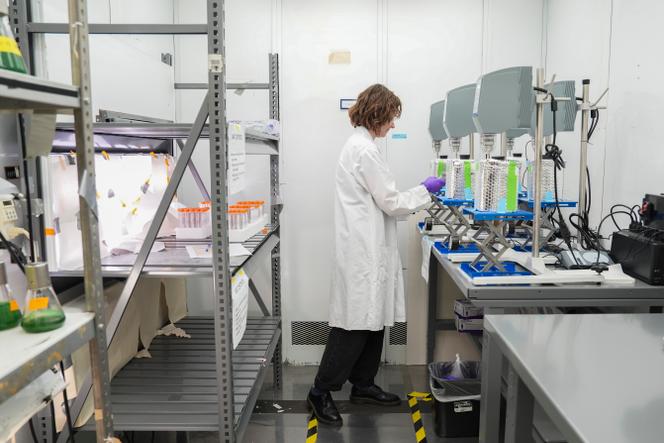


Most Americans, who had until recently never heard of "forever chemicals" (PFAS), have just learned both of the existence of these toxic chemicals and of the first regulation ever issued in the US to limit their circulation in the water that 100 million of them drink every day.
In a decision that has sparked enthusiasm among public health specialists, the Environmental Protection Agency (EPA) on Wednesday, April 10, published the first legally enforceable standard in the US for PFAS (per- and polyfluoroalkyl substances), non-biodegradable pollutants used since the 1950s in the manufacture of non-stick and heat-resistant cookware, outdoor clothing, toys or pizza boxes, and now present in the soil, drinking water and bodies of Americans.
The EPA is hoping to prevent "thousands of deaths, and reduce tens of thousands of serious PFAS-attributable illnesses," including some forms of cancer, and to limit the impact these products have on the immune systems and development of young children, said Michael Regan, the agency's administrator. "We are one huge step closer to finally shutting off the tap on forever chemicals once and for all," he stated. According to the Centers for Disease Control and Prevention (CDC), the organization in charge of public health in the US, the presence of these pollutants is measurable in the blood of virtually all Americans.
The new standard targets six of the thousands of synthetic compounds included in the PFAS group. It requires public drinking water systems to reduce them to near-zero levels. Within three years, local authorities will be required to launch a plan to monitor the levels of these pollutants in their drinking water. Those that exceed the prescribed thresholds – between 6% and 10% of the 66,000 systems concerned, the EPA predicts – will have five years to put forward plans that meet the new standard. Municipalities will be required to inform the public.
According to a study by the National Geological Survey (USGS), published in 2023, at least 45% of tap water supplied by public or private systems in the US is contaminated with one or more PFAS. Hispanic and black communities are disproportionately affected by tap water pollution, with neighborhoods in which they most often live being those hardest hit.
Environmentalists have welcomed the EPA's decision, despite the delayed deadlines given to water systems to implement treatment measures. This is "a historic, monumental decision," said Melanie Benesh of the Environmental Working Group, an association specializing in the detection of chemicals in food, cosmetics and household products. Interviewed by public broadcaster PBS, the expert pointed out that the decision comes after years of inaction by public authorities, due to a lack of information on how quickly "forever chemicals" spread.
You have 37.13% of this article left to read. The rest is for subscribers only.
